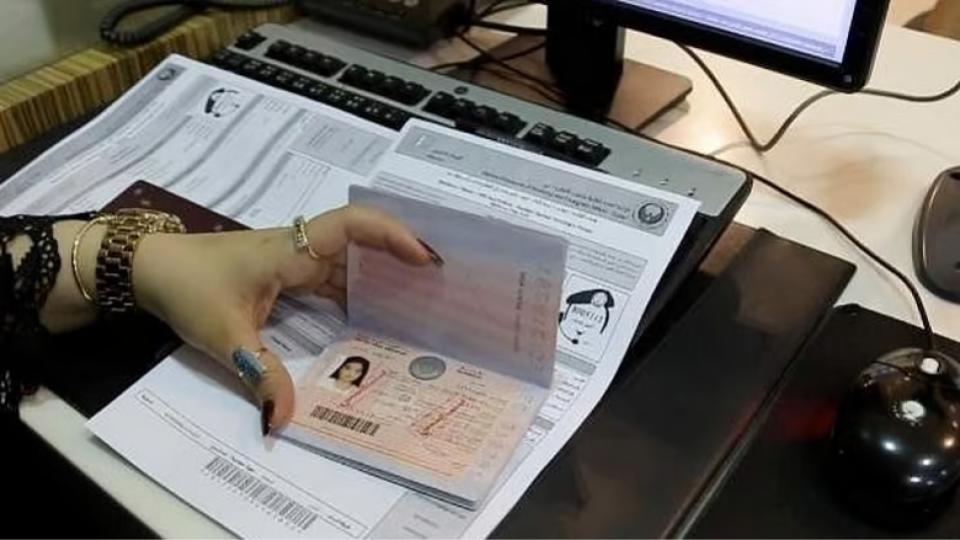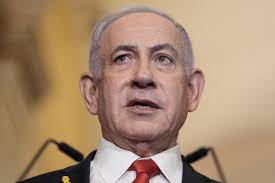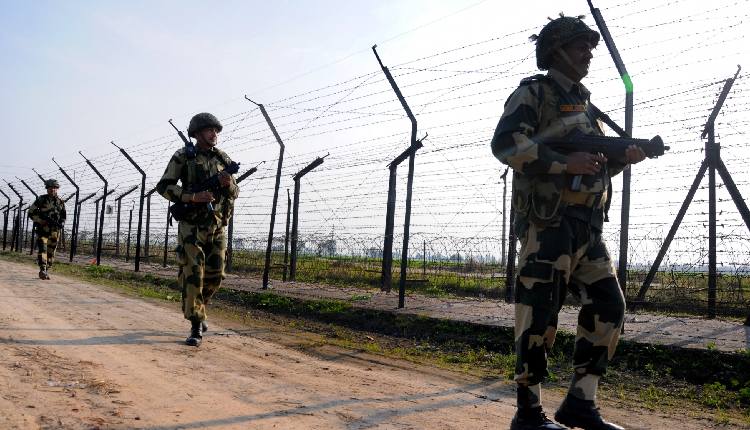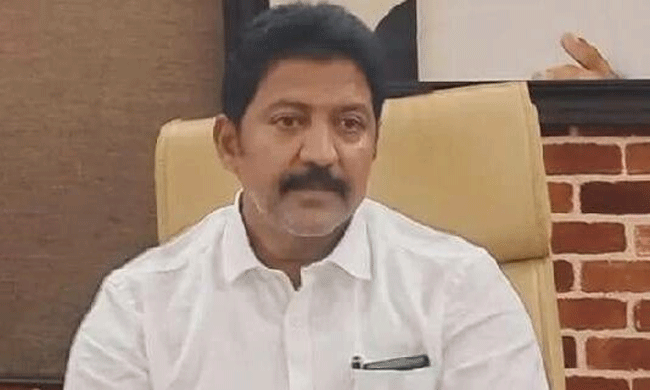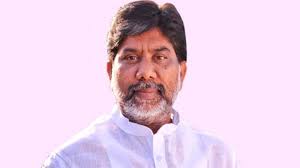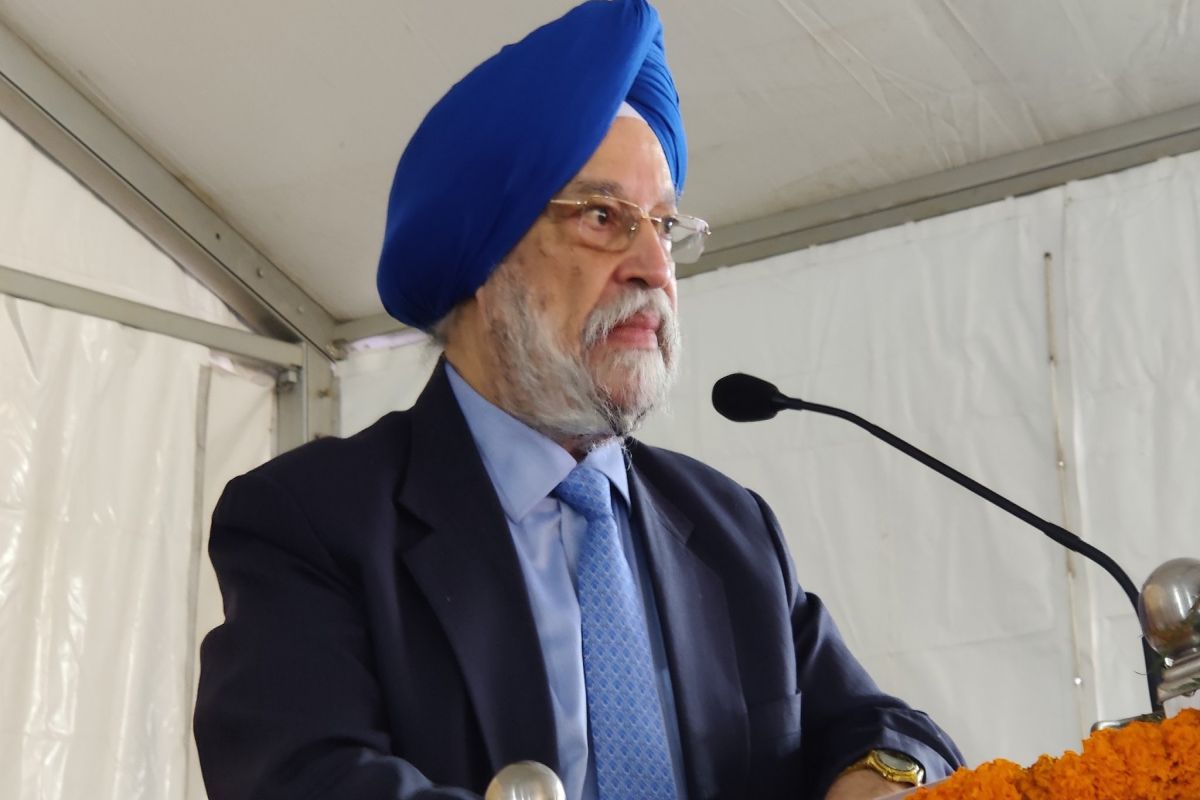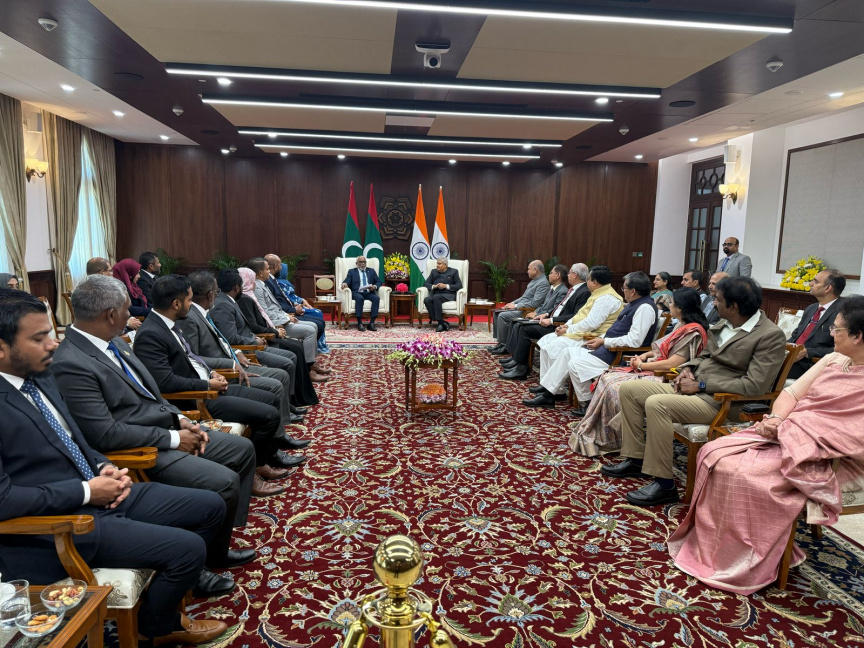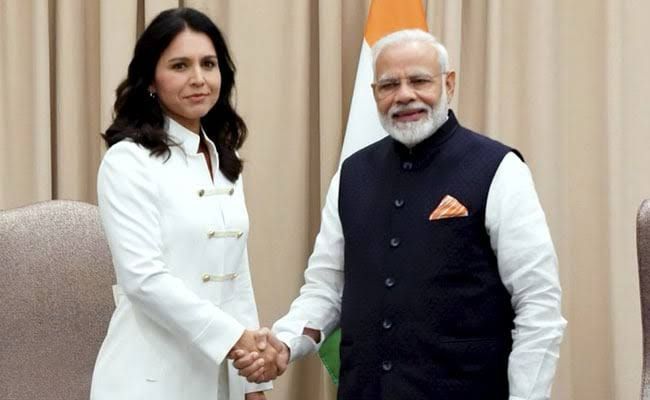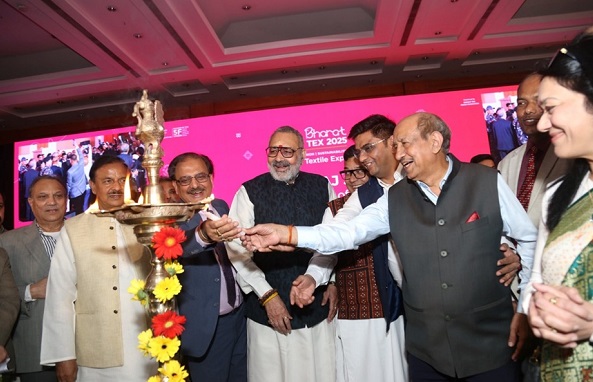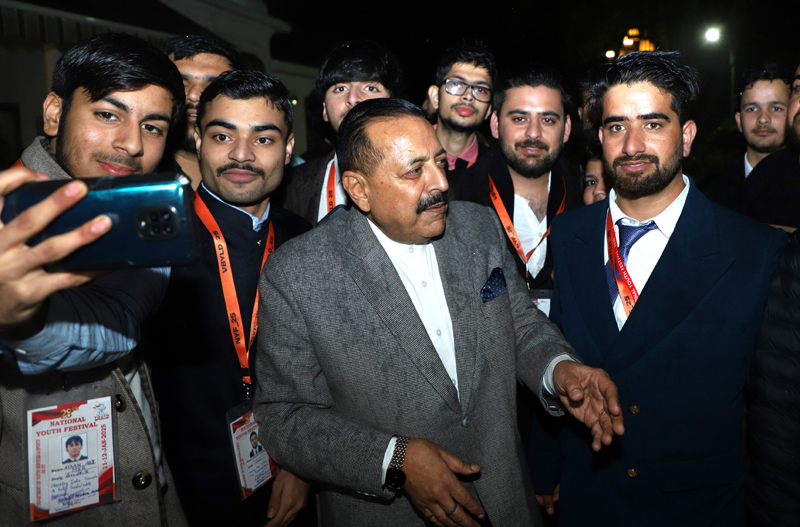Pakistan to file counter-memorial in Kulbhushan Jadhav case on July 17
Thu 12 Jul 2018, 17:51:11
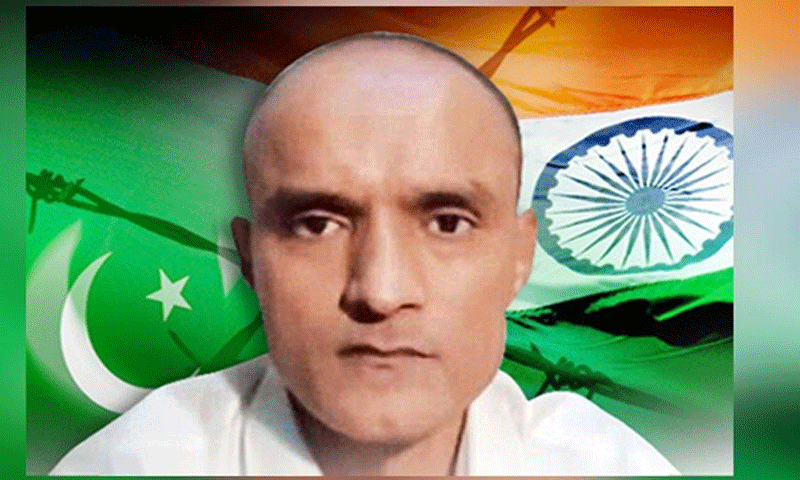
Pakistan will file its second counter-memorial (counter petition) on July 17 in the International Court of Justice or ICJ on the conviction of Indian national Kulbhushan Jadhav, who was sentenced to death by a Pakistani military court in April last year on charges of "espionage", a media report said on Thursday.
The International Court of Justice (ICJ) on January 23 gave a timeline to both Pakistan and India for filing another round of memorials in the case.
Pakistan's petition will be in response to pleadings filed by India in the Hague-based International Court of Justice on April 17.
Top attorney Khawar Qureshi, who pleaded Pakistan's case at the initial stage, briefed Pakistan's interim prime minister Nasir-ul-Mulk regarding the case last week, the country's Express Tribune reported. Attorney General for Pakistan Khalid Javed Khan and other senior officials also attended the meeting.
According to the Pakistani daily, the counter-memorial has been drafted by Mr Qureshi.
After the submission of the second counter-memorial, the UN Court will fix the matter for hearing, which is likely to take place next year.
A senior lawyer, who has expertise in international litigations, told the Pakistani daily that there is no chance of hearing the case this year. According to him, the hearing of other matters have already been fixed till the months of March and April next year, hence, Mr Jadhav's case will perhaps only be listed in summer next year.
India had moved the International Court of Justice in May last year after Mr Jadhav, 48, was sentenced
to death by a Pakistani military court on charges of espionage.
to death by a Pakistani military court on charges of espionage.
A 10-member bench of the International Court of Justice on May 18 had restrained Pakistan from executing Mr Jadhav till adjudication of the case.
In its written plea, India had highlighted Pakistan's violation of the Vienna Convention by not giving consular access to Mr Jadhav, arguing that the convention did not say that such access would not be available to an individual arrested on espionage charges.
In response, Pakistan through its counter-memorial on December 13 told the ICJ that the Vienna Convention on Consular Relations 1963 applied only to legitimate visitors and did not cover clandestine operations.
In their statement, Pakistan continued to call Mr Jadhav, who was in Iran for business when he was kidnapped, as "a serving naval officer". The statement came despite India making it clear that he had retired from the navy and was in Iran to pursue business interests.
Pakistan, in their reply, further claimed that Mr Jadhav "was on active duty", and that "he was a spy sent on a special mission." Both claims, that have been rejected by India.
India has been maintaining that the trial of Mr Jadhav by a military court in Pakistan was "farcical".
Pakistan claims that its security forces arrested Mr Jadhav from Balochistan on March 3, 2016 after he allegedly entered from Iran.
India maintains that Mr Jadhav was kidnapped from Iran where he had business interests after retiring from the navy. Mr Jadhav's sentencing had evoked a sharp reaction in India.
No Comments For This Post, Be first to write a Comment.
Most viewed from International
Most viewed from World
AIMIM News
Delhi Assembly polls: Owaisi leads Padyatra in Okhla
Feb 01, 2025
We reject this Waqf Amendment Bill: Asaduddin Owaisi
Jan 30, 2025
Latest Urdu News
Most Viewed
May 26, 2020
Which team will win the ICC Men's Champions Trophy 2025 held in Pakistan/Dubai?
Latest Videos View All
Like Us
Home
About Us
Advertise With Us
All Polls
Epaper Archives
Privacy Policy
Contact Us
Download Etemaad App
© 2025 Etemaad Daily News, All Rights Reserved.

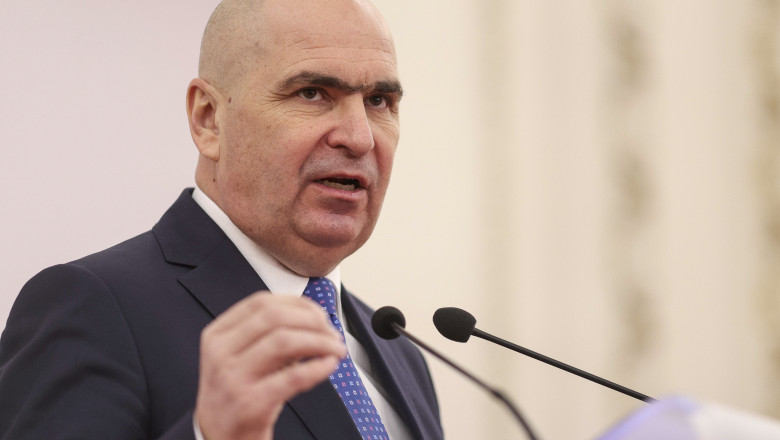
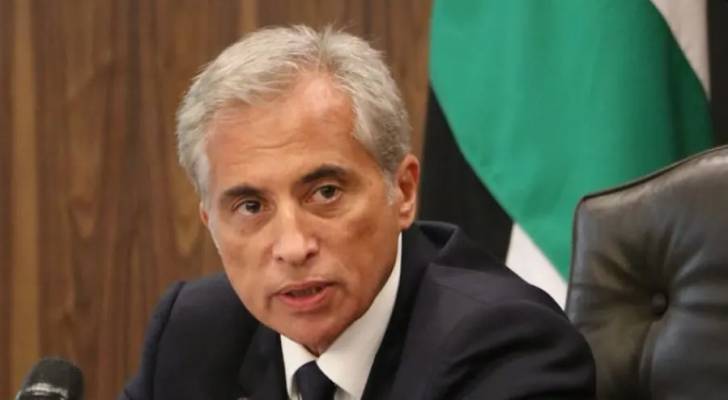
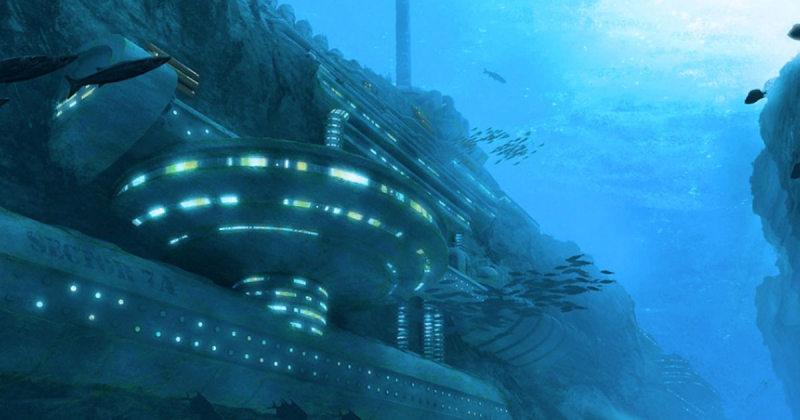
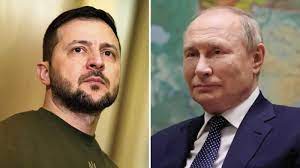
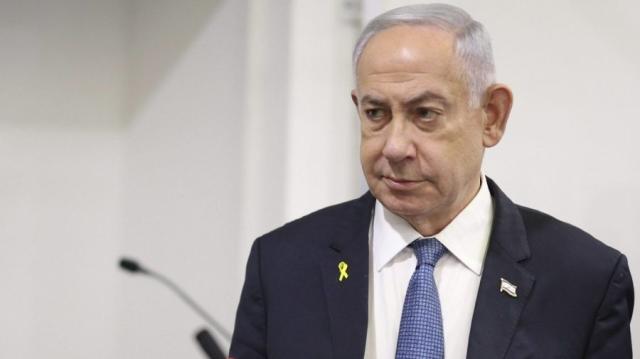

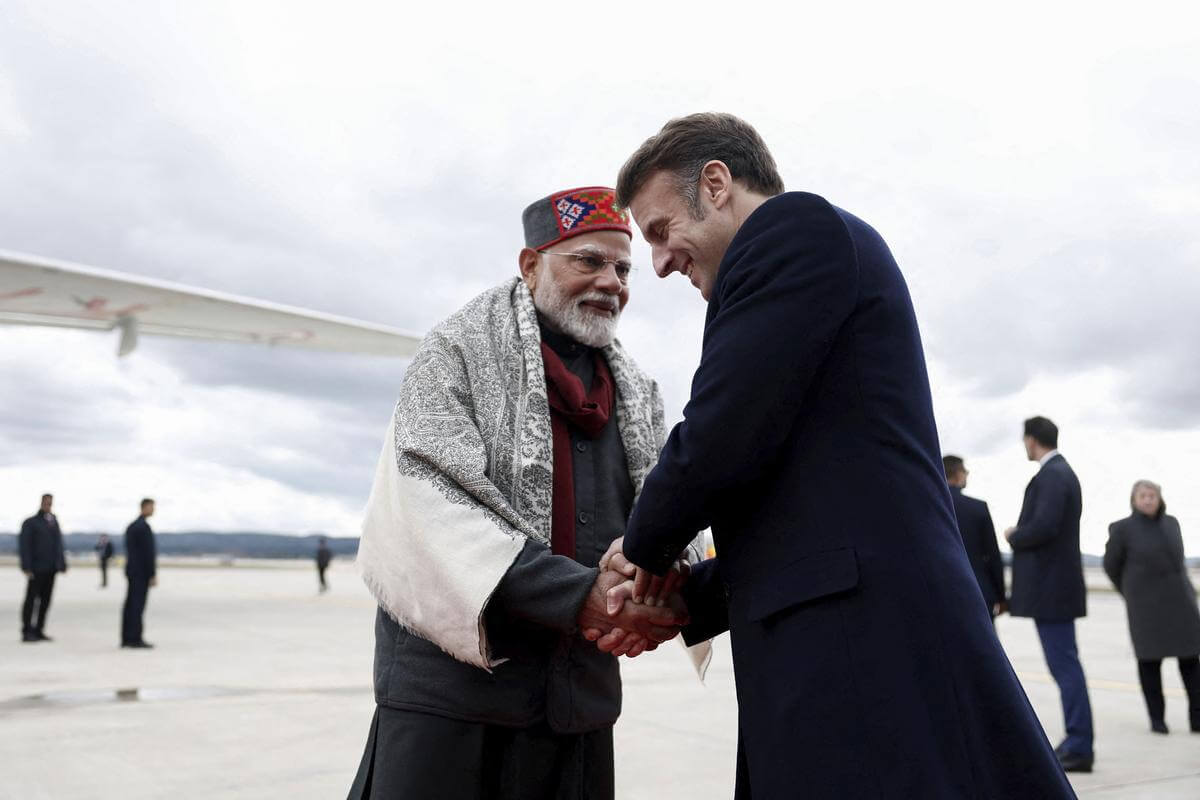
.jpg)
